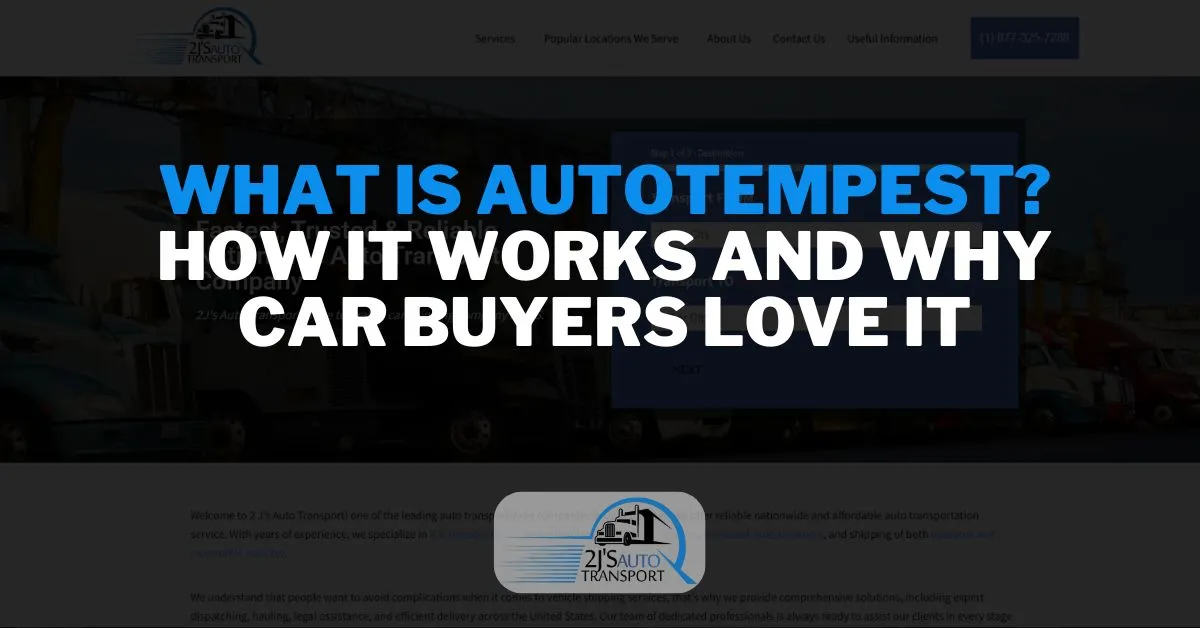
Government Rules and Regulations for Car Shipping in Houston, Texas
Houston is one of the most populous cities in the Southern United States, located in Southeast Texas near Galveston Bay and the Gulf of Mexico. Whether you’re planning to ship a vehicle to or from Houston, understanding the relevant federal, state, and local transportation regulations is essential for ensuring a smooth, legal, and hassle-free shipping process.
Relying solely on the services of a transport company isn’t enough. From complying with government regulations to selecting the appropriate type of carrier (open or enclosed), each step must be handled carefully to avoid delays, fines, or damage.
In Texas, state and local authorities have established specific size and weight limits for vehicles and loads traveling on public roadways and bridges. These limits apply whether the vehicle is operating under a standard permit or requires an oversize/overweight permit, and transporters must ensure compliance with these restrictions when moving cars in or out of Houston.
In this guide, we’ll cover the key federal, state, and local regulations that apply to vehicle shipping to and from Houston, helping you avoid delays, fines, or compliance issues throughout the process.
Registration and Taxation of Vehicles:
If you’re moving to Houston, Texas, and plan to stay, you must register your vehicle within 30 days of becoming a resident. The registration fee depends on the type and weight of your vehicle, it starting at around $30 for motorcycles and about $50.75 to $60 for standard passenger vehicles, according to the Texas Department of Motor Vehicles (TxDMV).
In addition to registration, you’ll need to pay a 6.25% motor vehicle sales tax, which is based on the vehicle’s purchase price or its standard presumptive value (SPV). This tax applies whether the vehicle is purchased from a dealership or a private seller. For more details, visit the Texas Comptroller of Public Accounts.
Safety Inspections and Emissions:
In the city of Houston, registered vehicles are subject to annual emissions testing. This requirement applies to gasoline-powered vehicles that are more than two model years old but less than 25 years old. Diesel-powered vehicles and those registered as antiques or classics are exempt from this testing requirement.
- Before diving into local regulations, it’s beneficial to grasp the fundamentals of car shipping. If you’re new to this process, our comprehensive guide on how to transport a car offers detailed insights into the various methods and considerations involved.
- If you’re familiar with the steps, then make sure you don’t miss these tips for transporting a car before shipping. It will save your time, money, and headaches.
- And if you’re planning to ship a vehicle without license plates, our guide on how to transport a car without license plates explains exactly how to do it legally.
- To safeguard yourself and your vehicle, don’t forget to read our comprehensive guide on auto transport scams to learn how to identify and avoid potential scams.
Requirement of Access to Port of Houston:
Here keep in mind that vehicles shipped via the Port of Houston specific access protocols are in place. People are seeking unescorted access to restricted areas must possess a valid TWIC (Transportation Worker Identification Credential) card. Uniform Intermodal Interchange and Facilities Access Agreement (UIIA) Truck drivers must be registered with the UIIA to enter port facilities. All truck license plates must be registered in the Lynx portal prior to arrival at Port Houston facilities.
Intermodal Shipping Container Port Permits in Texas
The Texas Department of Motor Vehicles (TxDMV) issues annual permits for transporting intermodal shipping containers within a 30-mile radius of designated ports, including the Port of Houston. These permits allow vehicles to operate with specific axle configurations and weight limits, as defined by the TxDMV guidelines. For complete details, visit Intermodal Shipping Container Port Permit guidelines.
Vehicles operating under this permit must follow approved routes and are prohibited from using certain roadways, including the interstate highway system. Carriers must ensure compliance with all permit conditions to avoid penalties and ensure safe transport operations near port areas.
Requirements of Insurance:
Under Texas law, all registered vehicles must carry minimum liability insurance coverage. Before shipping your vehicle, it’s important to verify that your insurance policy meets the state’s minimum coverage requirements. Additionally, check whether your policy or the carrier’s insurance, provides coverage during transport to protect against potential damage or loss. For more detailed information, visit Texas Department of Auto Insurance Guide and the Texas Transportation Code § 601.072
Fees and Toll Roads in Texas
Texas has an extensive network of toll roads, and vehicles transported across the state may pass through these routes. To avoid unintended toll charges during shipping, it is recommended that you remove any toll tags or electronic passes from your vehicle before transport. This ensures that toll fees are not mistakenly billed to your account during transit.
Not sure what else to expect during the shipping process? You’re not alone! We’ve put together a complete Useful Information section packed with practical tips, helpful resources, and answers to the most frequently asked questions about auto transport.
How Car Shipping to Houston by Road Works?
If you’re looking for a cost-effective way of car shipping, road transport is the most popular method. This option uses either an open or enclosed auto transport trailer, operated by a licensed and insured professional carrier.
The process begins when customers provide key details—such as pickup and delivery locations, vehicle type, operability status, and the desired delivery timeframe. Based on this information, the transporter offers a quote, which typically ranges from $600 to $1,200 for popular routes like Chicago to Houston or Los Angeles to Houston.
Once the booking is confirmed, the carrier schedules a pickup—either door-to-door or from a designated terminal. Before loading, the vehicle is inspected and a Bill of Lading is issued to document its condition. During transport, the car is securely fastened to the trailer and may travel with 5 to 9 other vehicles, depending on the trailer size. For long-distance shipments, delivery usually takes between 3 to 7 days.
Road shipping is convenient because it doesn’t require vehicle owners to drive or coordinate with ports. However, preparation is key: remove all personal items, deactivate alarms, check fluid levels, and leave only a quarter tank of fuel to reduce weight. Also, don’t forget to remove any toll tags or parking passes to prevent accidental charges during transit.
Conclusion:
Whether you’re relocating, buying/selling a vehicle, or transporting a fleet, understanding Houston’s car shipping rules, tax laws, inspection requirements, and port access protocols is key. By choosing a reputable shipper and preparing your vehicle properly, you can make the car shipping process to Houston smooth, safe, and fully compliant.

John Furbush
Author & Owner of 2 J's Auto Transport
- Phone:+1 877-325-7288
- Email:jfurbush@2jsautotransport.com
2J's Auto Transport Car Shipping Service
Are you Looking for a fast, trusted, insured, affordable and reliable Car shipping company? Don’t worry! just Contact 2J’s Auto Transport for a free quote and let us take the stress out of your auto transport experience!




